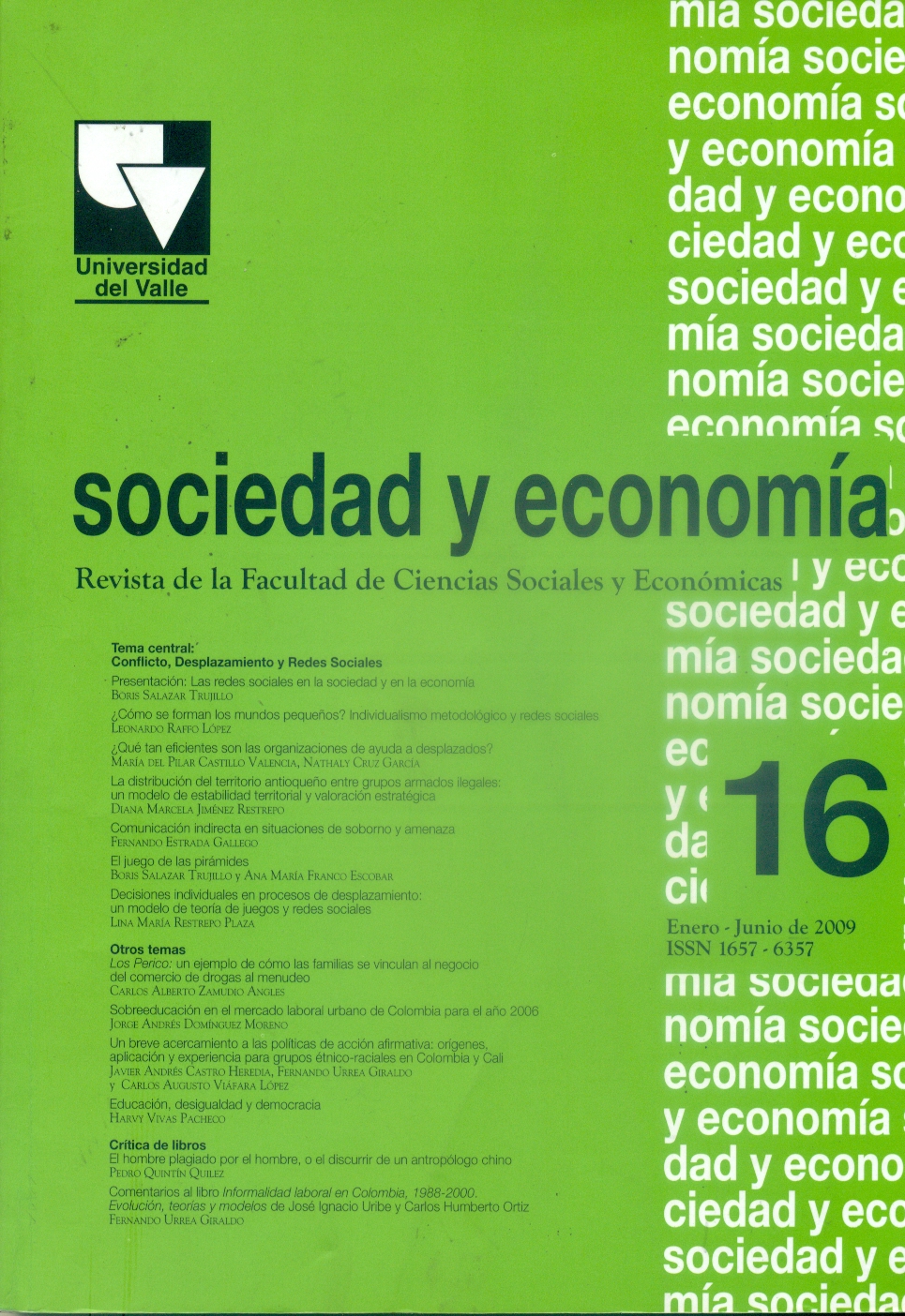Education, inequality and democracy
Published:
2009-01-15
Keywords:
Education, Inequality, Effective appropriation of the resources, Family background.Main Article Content
The central hypothesis of this article is than in addition to the restrictions of inancing, the principal predictors of the access to the school system, the permanence in the school cycle and the maximum level of scholarship achieved by the individuals, are the socioeconomic conditions, the family background and the quality of the local environments. This article emphasizes in the capability of effective appropriation of the resources of inancing, rather than the failures of the decentralization model. The paper argues that the achievements of the educational inancing model are determined by the quality of the family and local environments. Additionally the paper afirms that there are relation between the aggregated inequality of the income and the permanence in the educational basic cycle.
1.
Vivas Pacheco H. Education, inequality and democracy. soc.eco [Internet]. 2009 Jan. 15 [cited 2026 Feb. 12];(16):173-88. Available from: https://sociedadyeconomia.univalle.edu.co/index.php/sociedad_y_economia/article/view/4083
Downloads
Download data is not yet available.

This work is licensed under a Creative Commons Attribution-NonCommercial 4.0 International License.
Revista sociedad y economía editada por la Facultad de Ciencias Sociales y Económicas de la Universidad del Valle se encuentra bajo una Licencia Internacional Creative Commons Atribución - No comercial 4.0
Basada en una obra en http://sociedadyeconomia.univalle.edu.co

